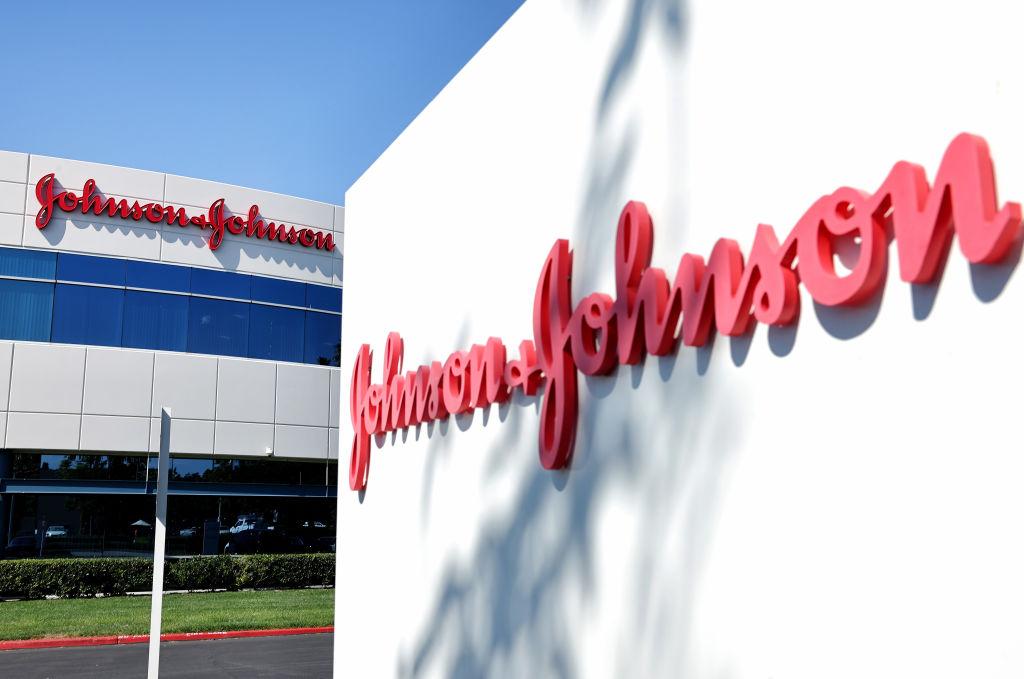A company specializing in diagnostic assays for personalized chemotherapy drug dosages has made its interim CEO permanent as it prepares for a national expansion. It is also developing an assay for early detection of Alzheimer’s disease.
Kevin Harter, the co-founder of the Life Sciences Greenhouse, stepped in as interim CEO at Saladax Biomedical in Bethlehem, Pennsylvania earlier this year following the resignation of Edward Erickson, who stepped down for personal reasons. Life Sciences Greenhouse is an incubator and investor in the biotechnology startup. Harter had served as executive chairman of Saladax from 2007 to 2011.
Harter has developed a broad background in healthcare and life sciences having co-founded Keystone Medical Systems in 1990, which was later acquired by Continental Medical Systems. He also worked in several roles at Pennsylvania Blue Shield, which later became part of Blue Cross Blue Shield, and helped develop electronic claims, electronic medical records and physician practice management.

Using Informed Awareness to Transform Care Coordination and Improve the Clinical and Patient Experience
This eBook, in collaboration with Care Logistics, details how hospitals and health systems can facilitate more effective decision-making by operationalizing elevated awareness.
Acknowledging his healthcare technology and investing background in life sciences, Harter told MedCity News in a phone interview, he comes to the company with a different skill set.
What’s unique about the company’s approach for measuring the proper dosages for chemotherapy drugs is it can measure the actual plasma concentrations in individual patients. That’s important because chemotherapy drug levels can be much higher or lower than what they need to be for a particular patient. The company’s My Care brand of assays are based on delivering optimized, personalized dosages that take into account the person’s body surface area based on their height and weight to improve the efficacy of existing drugs.
Additionally, the company has forged a number of partnerships with pharmaceutical companies using its personalized dosage assays to improve the effectiveness of their drugs as part of their clinical trials.
“What we are finding with pharmaceutical companies is they prefer not to have their drugs go to market using expensive molecular diagnostic tests because it can create an additional barrier. We offer a solid, tried and true technology that can get answers for a magnitude less cost than a molecular diagnostic test, so we are getting good interest from pharmaceutical companies because we can make valuable diagnostic tests available at reasonable costs for patients and at a reasonable cost for pharmaceutical companies.”

With the Rise of AI, What IP Disputes in Healthcare Are Likely to Emerge?
Munck Wilson Mandala Partner Greg Howison shared his perspective on some of the legal ramifications around AI, IP, connected devices and the data they generate, in response to emailed questions.
Harter noted that he has seen a shift in attitudes from pharmaceutical companies in working with companies like Saladax to use assays for inclusion criteria to develop more effective clinical trials.
“We’ve had more conversations with pharmaceutical companies in the past two months than in the entire history of the company,” Harter said. “We are going to really be building out a full commercial team. That’s really one of my main goals this year. We will continue to grow in Pennsylvania but we would also add quite a bit around the country.”
Saladax has been developing an Alzheimer’s disease assay to detect the onset of the degenerative neurological disease in collaboration with Bristol Myers Squibb and more recently Ortho-Clinical Diagnostics.
The biotechnology company also has another 13 chemotherapy drug assays in various phases of development.












